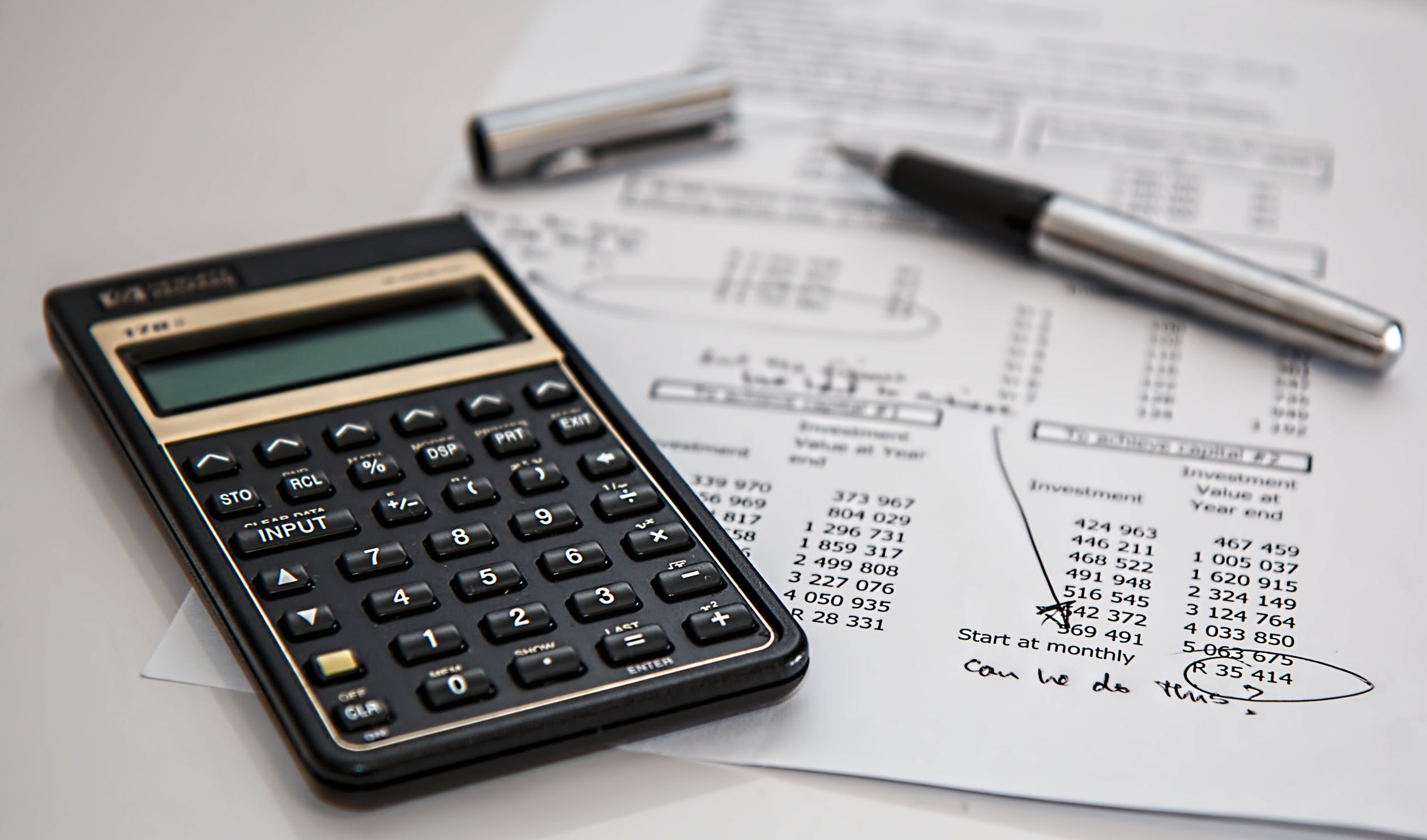
With the tough economy, rising interest rates and increasing household and lifestyle costs; consumers are urged to tighten their wallets even further.
As household expenditure continues to increase, we need to be cautious of overburdening ourselves with unnecessary expenses. “Look at your current financial situation and determine how and what your key finance priorities are for you and your family,” says Ester Ochse, Product Specialist, FNB Wealth and Investments. “Recapping and reviewing your budget will make your finance process easier and simple over time. It will also help you outline how and where you have or not saved.”
Image: Pexels
Your budget should be aligned to your short and long-term goals. Ochse says that, “Identifying these goals from the start will help in planning your budget appropriately. These goals don’t have to be set in stone; but will help you in understanding where your priorities lie.”
Ochse highlights key points that can be followed to maintain or improve your existing budget:
1. Review your existing budget: Your budget is an ongoing blueprint that needs to be reworked and maintained regularly. Certain expenses like groceries, motor vehicles, education continue to be long-standing budget items that would not change in a hurry. However, you may add ad-hoc items like a holiday, unexpected engagement, leather bag or even a spa treatment. So, ensure that you allocate enough money towards these line items. Rather save up for these nice to have items over a period so that you can enjoy them debt free.
SEE ALSO: 4 practical ways to teach your kids how to manage money
2. Look at your monthly income: Look at ways that will help you extend the value of your income. Cut out frivolous spending and rather put that money in an investment, savings pockets or tax-free savings shares etc. Remember to save before you spend don’t spend and then save.
3. Illuminate wasteful expenditure/debt: Look at your budget and decide whether big ticket items are necessary. Make a conscious decision as to whether you need it or not. Pay your credit cards up and ensure that you are debt free.
5. Retirement: Personal planning prior to your retirement is of utmost importance; as it will help you make the right choices about how you would like to spend your money and life during retirement.
SEE ALSO: Spring clean your finances
5. Create a health relationship with money: Understand the basics of money and where you spend your money is important. Money is important to maintain our current lifestyle so look at how it impacts you and your family.
6. Investments: never too late to start investing; so, start now. The first thing that you need to build is an emergency fund of at least three months expenses. This you would put in a money market account. Then once that is in place you can start looking at your long-term goals. You can deposit as little as R 300 per month or even invest in tax-free shares which can help you save within the year.
SEE ALSO: Budget for your December festivities now
Maintaining your current budget and ensuring that it is aligned to prevailing market conditions is important. “Our cost of living continues to increase so we need to ensure that we are well-equipped to lead a comfortable lifestyle on a budget. It’s never too late to start saving and making lifestyle changes. Just ensure that its within your current means,” concludes Ochse.
